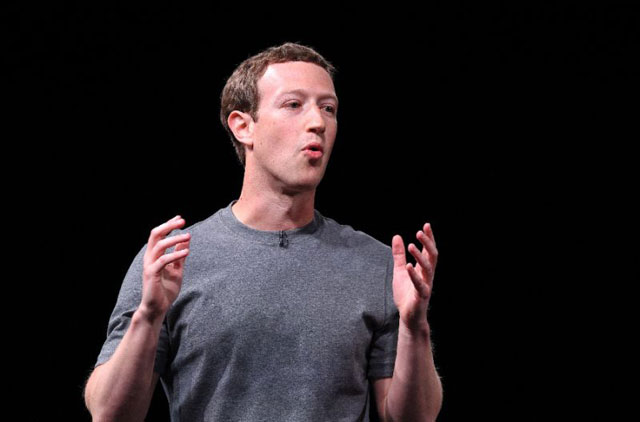
Making fun of people with weight challenges and obesity has somehow become a major part of our ‘infotainment’ shows. Overweight people, treated as an item on our shows, are considered funny just by themselves. When they are reminded of their weight, time and again, with inappropriate and de-humanising names, the shows supposedly get funnier. The audience applauds at this cheap fanfare and everyone, except those who are at the receiving end, has a good time. Just like jokes about the disabled, poor or vulnerable, this is in poor taste and should not be acceptable. Having a good hearty laugh at the expense of people struggling with their weight and physique shows a depravity of thought and barrenness of imagination. It also proves our deep ignorance about a grave public health challenge of our society.
Assuming that people are overweight or obese by choice, or by gluttony, is as offensive as it is nonsensical. Automatically assuming that people who are overweight eat way more than everyone else, or worse, eat other people’s share, shows repulsive arrogance. Many people have a genetic propensity, or eating disorders, or may not have the financial luxury of high-priced healthy food or may have other socioeconomic or health-related underlying conditions. Our cheap shots at their struggle and their self-image do little to ease the mountains of ridicule and social stigma they carry on their backs.

When I last wrote about our humour, and a deep sense of misogyny in Urdu humour poetry, I was told by many that it is part of our tradition and ‘not a big deal’. I should chill out, I was told. I am sure many would argue that humour at the expense of obesity has been a part of our literary and entertainment tradition. This argument is just as strong as the defence of slavery as a white tradition or continuation of genital mutilation as a tradition in many Muslim North African countries. Defence of tradition, rooted upon offensive values, is hardly an argument for continuation of that tradition. Ask anyone struggling with his or her weight, how excited they are about their weight, and you will never hear that they are in some kind of a healthy bliss. Instead, you will hear sad tales of ongoing struggles, stories of heartbreak and poor self-image. I am not sure which part of that is funny.
The issue of growing obesity in our nation is actually deeply troubling. As a major public health challenge of our time, lack of awareness is further amplifying the problem. The impact on our national public health, the quality of life of individuals and the financial burden on the entire system is staggering. What is needed is a multi-pronged approach that combines awareness of the problem, incentives by employers for healthy habits and better lifestyle and encouragement for those who are trying to improve the quality of their lives. But it all starts with respect. Respect for an individual and respect for the struggle they embark on.
The evolution of thought demands that we continue to evaluate our value of human dignity and recognise that making fun of people based on how they look should no longer be acceptable in our society.
Published in The Express Tribune, September 15th, 2015.
Like Opinion & Editorial on Facebook, follow @ETOpEd on Twitter to receive all updates on all our daily pieces.


















COMMENTS (3)
Comments are moderated and generally will be posted if they are on-topic and not abusive.
For more information, please see our Comments FAQ